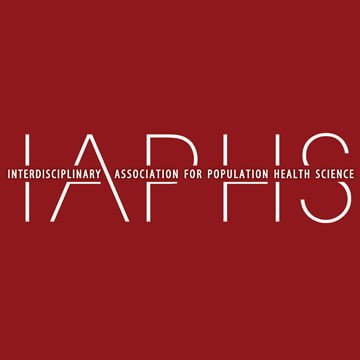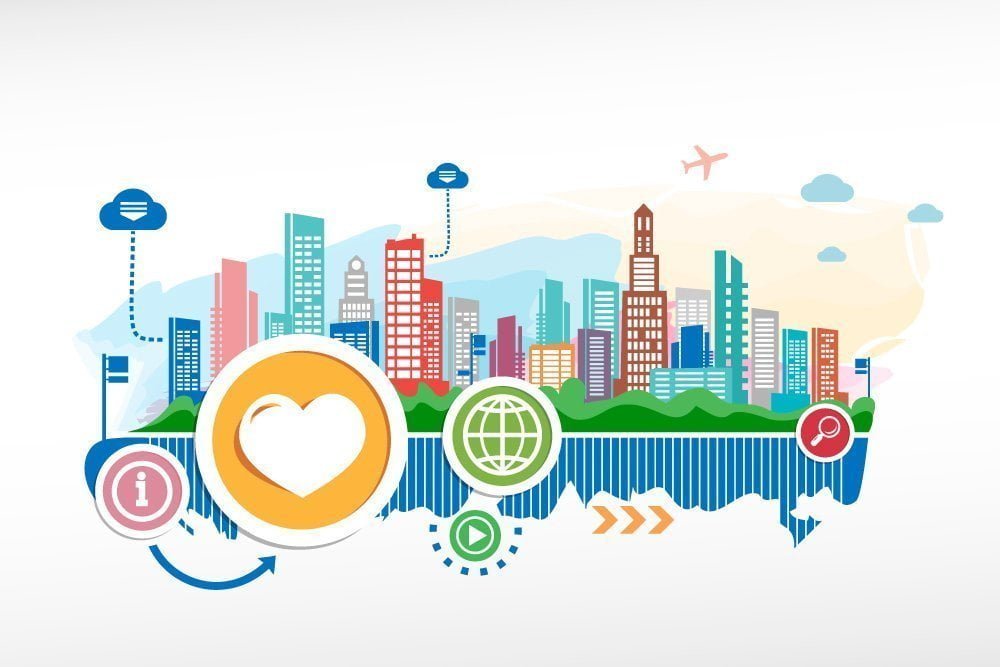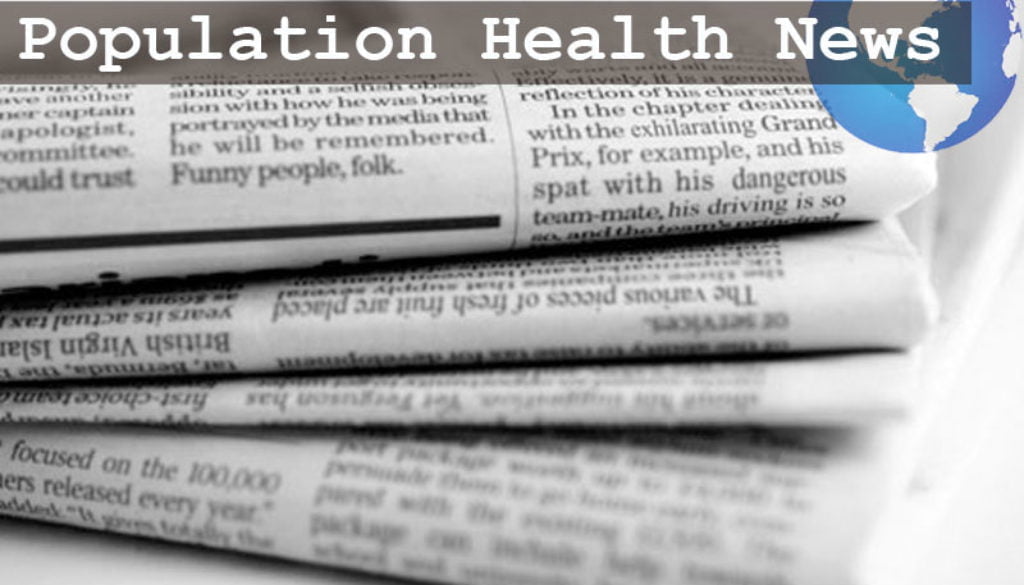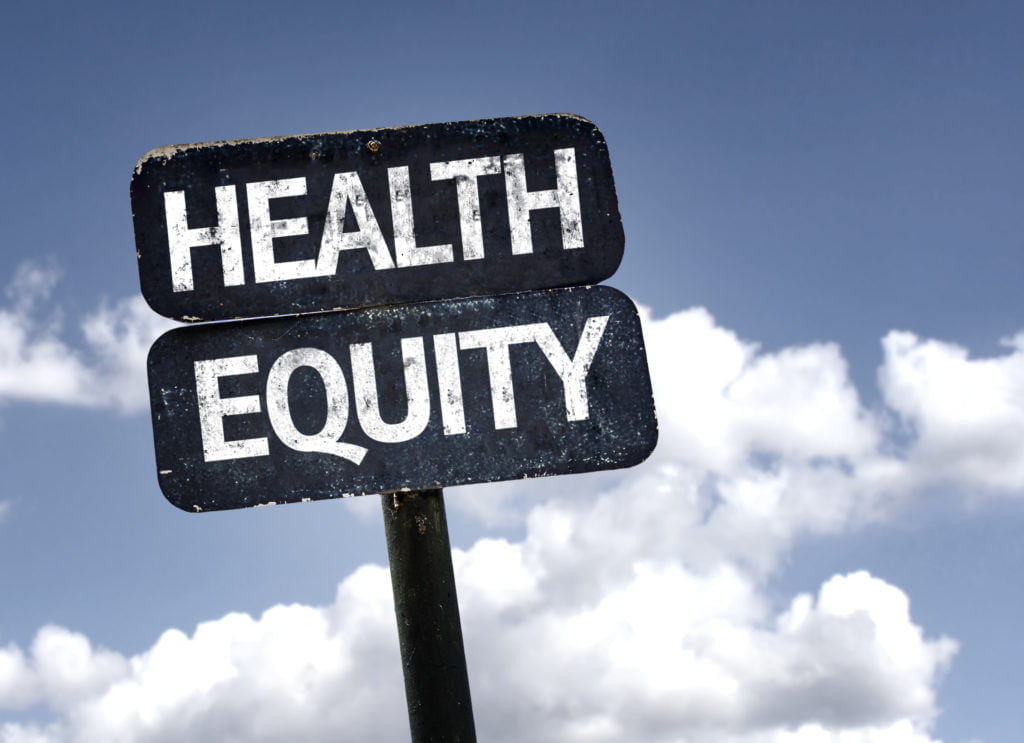Population Health News Roundup: June 2021
JoAnne DyerIAPHS Members in the News
 Rachel Hardeman in Minnesota Women’s Press: “Racism is pervasive. Having the data to objectively show what has been hidden for so long gives power back to the communities that are harmed by the system.” (May 25, 2021)
Rachel Hardeman in Minnesota Women’s Press: “Racism is pervasive. Having the data to objectively show what has been hidden for so long gives power back to the communities that are harmed by the system.” (May 25, 2021)
Sandro Galea has written a book, The Contagion Next Time, that makes the case for improving public health to prepare for the next pandemic. Available now for pre-ordering.
Shannon Monnat and Kathleen Mullan Harris spoke at an NASEM webinar, “Drugs and Alcohol: High and Rising Mortality Rates Among Working-Age Adults.” The webinar is one of a three-part series for the High and Rising Mortality Rates Among Working-Age Adults report. The recorded video is available. (June 10, 2021)
Richard Carpiano is quoted in a New Republic article on the power of celebrities speaking out about COVID-19 vaccinations: “It’s sort of a misplaced trust, but it’s a reality: We look to celebrities for these types of decisions.” (The New Republic, June 24, 2021)
Disparities
Women and girls who are LBQ experience multiple disparities: LBQ women are more likely than straight women to live in lower-income households and be diagnosed with depression. Almost half of the LBQ women in this study had been physically or sexually assaulted after age 18. (Boston University School of Public Health, June 3, 2021, from a Williams Institute report from March 2021.)
Health disparities in Black older adults: Black adults often begin with a higher number of risk factors, and then as they age, they experience “more rapid physiological dysregulation,” potentially due to economic hardship, prevention shortcomings, and discrimination-related stress. (Population Reference Bureau, May 2021)
Seniors coming out of pandemic isolation need help: After staying home for over a year, many seniors may have lost physical strength and experienced cognitive decline, weight gain or loss, and depression. (Kaiser Health News, May 21, 2021)
Environmental Health & Justice
Equity map shows disparities in energy programs: Greenlink data can help cities build energy equity, “making sure that things like solar and energy-efficiency programs didn’t just go to the highest income people…” (Grist, May 26, 2021)
Take into account equity and environmental justice in the oil & gas lease system: Beverly L. Wright urges the Biden administration to consider the disproportionate impact of drilling on Black communities. (Scientific American, June 10, 2021)
Place & Built Environments
 Pandemic-style streets aren’t accessible to everyone: Closed streets, blocked curb cuts and restaurant seating on sidewalks mean that for many people with disabilities, neighborhoods are now inaccessible. (Bloomberg CityLab, June 23, 2021)
Pandemic-style streets aren’t accessible to everyone: Closed streets, blocked curb cuts and restaurant seating on sidewalks mean that for many people with disabilities, neighborhoods are now inaccessible. (Bloomberg CityLab, June 23, 2021)
Solutions proposed for rural healthcare disparities: Telemedicine, value-based hospital payments, and systems design are among the innovations being proposed to improve rural healthcare. (U.S. News & World Report, June 23, 2021)
Michigan working to build age-friendly communities and to combat ageism: Implicit bias training, a “Four Ms” framework, encouraging aging at home, and removing communication barriers are some of the strategies. (Second Wave Michigan, June 24, 2021)
Programs & Policy
 Improving Black organ transplant rates: Program seeks to close gap between the number of Black organ transplant recipients and recipients who are White. (NBC Nightly News, May 28, 2021)
Improving Black organ transplant rates: Program seeks to close gap between the number of Black organ transplant recipients and recipients who are White. (NBC Nightly News, May 28, 2021)
Boosting immunization rates in Minnesota minority communities: The Minnesota Immunization Networking Initiative is working to increase free flu shots in minority populations and immunization rates in Native American communities. (Minnesota Department of Health, EHDI Grantee Projects for 2019-2023)
Native Americans in Seattle disproportionately experience homelessness, but also receive culturally sensitive support: Native Americans make up 1% of the Seattle area population, but 10% of its homeless people. Mother Nation advocates for and provides support that respects Native culture. (Crosscut, June 14, 2021)
Medicaid expansion could include more lower-income people, undocumented immigrants: Changes under consideration by the Biden administration also include funding for food and housing. (NPR, June 23, 2021)








All comments will be reviewed and posted if substantive and of general interest to IAPHS readers.